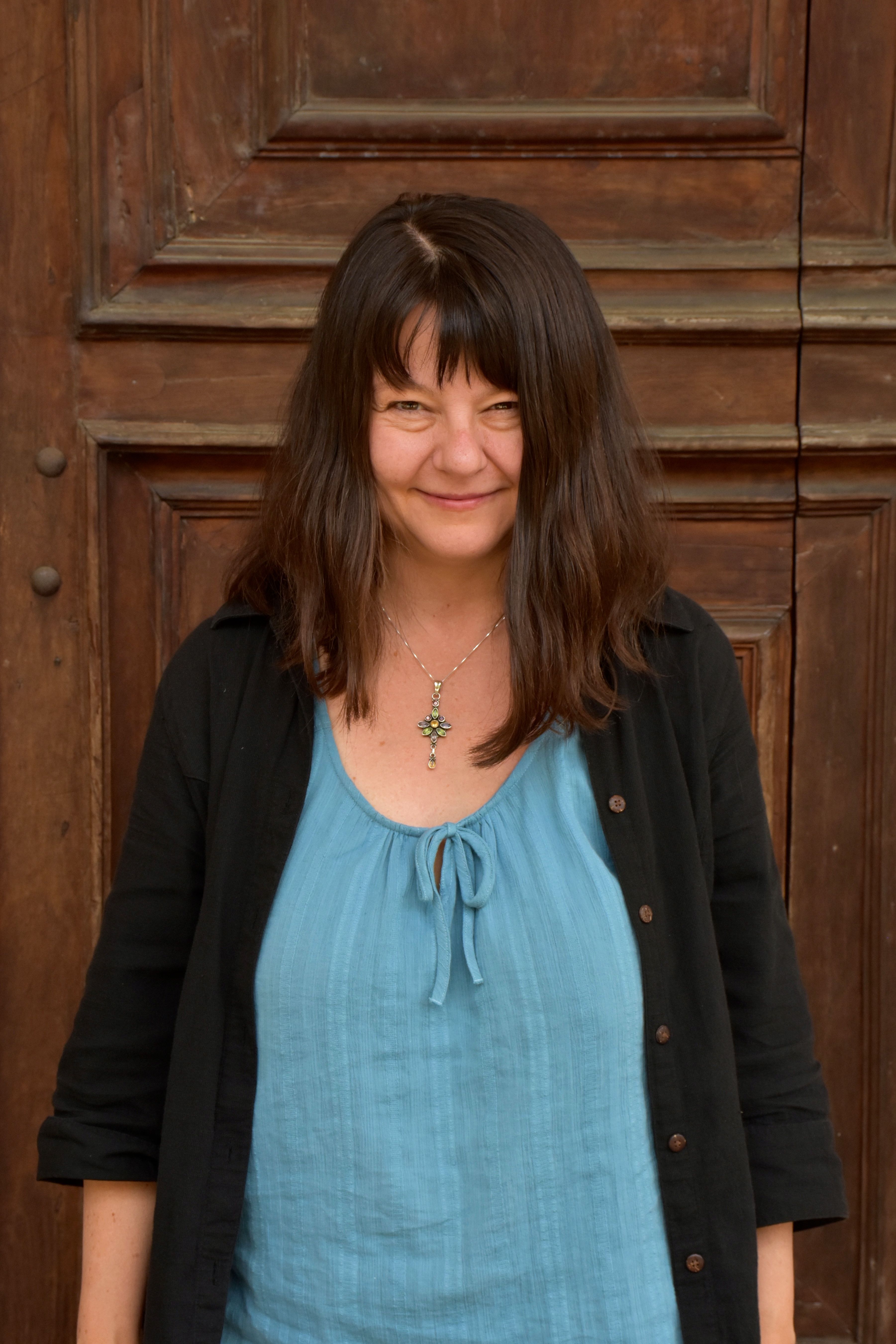Academic Panel 2: Regional Security and the Retreat of Liberalism in the Western Balkans
Abstracts
Title: Populism and Power: Regional Security and Democratic Backsliding in the Western Balkans
The role of the European Union (EU) in regional and world politics is being transformed as political parties that embrace ethnopopulism win and hold power in Europe. I explore how the polarization of domestic politics goes hand in hand with democratic backsliding as the fight “for the people” is waged against liberal democratic institutions. I ask: How do ruling populists behave within the EU – and to what extent are the identity and power of the EU being changed by the presence of member states that are no longer liberal democracies? I argue that the power of the EU is being transformed quite substantially, and that this has important consequences for domestic political change, for the EU enlargement process and for regional security in the Western Balkans.
Author: Milada Anna Vachudova, UNC Chapel Hill
Title: A Case for a Three-Polar Balkans: Liberal Democracy in Retreat
Four political models contribute to a global struggle in a changing international system that is yet to find a form that would provide a sense of global stability. The contest between liberal democracy and its illiberal form is of significance for regional security in South East Europe.
China, although challenging regional geo-economic order, has not translated these policies into geopolitics. The Islamic forms of political systems, meanwhile, are very different in the Balkans from the rest of the Muslim world. Therefore the form of interest for this paper is only Turkish model, which in its essence is an illiberal model of democracy and the struggle of liberal and illiberal democracies is the focus of debate in this paper.
Local powerholders are looking into external factors that could provide support strong enough for local political groups to secure power in their nation-states. The impression of the West abandoning the Balkans has lowered popularity of liberal democratic forms of political arguments and provided space for its challenges. While it is safe to assume that liberal democracy never actually took firm hold in this region, there were periods at the beginning of the millennium when it appeared as almost certainty in most of the regional nation-states.
Global changes, recovery of Russian ambitions, financial crisis and challenges to liberal order from within have weakened its values and set up conditions for the contest. While it is possible to talk of the global contest, it is clear that few regions dominate in this struggle. The Balkans, as the “most European” of the arenas, are back in focus because of its geography.
It is possible to develop an argument that the contest between the two will recreate conditions of the Cold War and therefore, it would be beneficial to have new three or quadri-polar order in the region to prevent Cold War conditions. The Islamic world is divided enough and therefore too weak to pose serious challenge regionally. It would also create a “clash of civilizations” situation in the Balkans which would seriously undermine conditions for security. A growing Chinese influence might provide an element of stability, thus removing a threat of re-created Cold War or a Clash of Civilizations. As their more significant political involvement is yet to be developed, it remains to look at their economic spread in the Balkans as the third pillar in the securitized Balkans under the new world order based on a mixture of liberal values, democratically legitimized authoritarian tendencies and reliance on Chinese economic interests. Theoretical and normative analysis in the paper is supported by empirical research.
Author: Dr Neven Anđelić, Reader in International Relations and Human Rights, Regent’s University London, United Kingdom
Title:Going beyond the ‘malign influence of foreign actors’ paradigm: The uneasy relationship between foreign investment and illiberalism in the Western Balkans
Keywords: Foreign investment, Illiberalism, Non-Western actors, Rule of law, Western Balkans.
The presence of ‘non-Western actors’ in the Western Balkans has recently attracted the attention of policy-makers and academics alike, with the rise in prominence of non-EU countries coinciding with the weakening power of accession conditionality. While this trend was initially discussed in the context of a ‘new Cold War’ narrative, evidence-based research soon showed that this engagement is underpinned by particularistic interests at the top and ‘corrosive capital’. The governance dimension is therefore essential in understanding the ties existing between the Balkan countries and the non-Western actors. Making use of primary and secondary data, this article compares the modus operandi of two non-EU actors in the region: Russia and the United Arab Emirates. It is argued that non-transparent business deals can stimulate a normative shift in the Western Balkans’ political leadership away from pursuing the rule of law, and towards an authoritarian turn, while strengthening small circles of self-serving elites, to the expense of the citizenry at large. This is conceptualised as a ‘vicious circle’ of illiberalism and state capture, as viewed through the lens of corrosive capital.
Author: Tena Prelec, Research Associate, LSEE – Research on South Eastern Europe, London School of Economics and Political Science, UK
Title: Dealing with security challenges in the Balkans: One-man band or regional Approach?
The Balkan region is endowed with unique economic, social geographical and historical characteristics that make it distinct. But this complexity also attracts competition for influence and dominance by global superpowers, which requires constant balancing act by the Balkans states and non-state actors. This part of Europe as well as broader Eurasia region is also overwhelmed by circumstances where oppressive, autocratic regimes rule in illiberal democracies and where political participation is often oppressed and lacks influence. Autocratic leaders tend to infringe civil rights, a practice that most often directly affects citizens and their possibility to have significant influence over development and stability of their countries. Autocracy is an old enemy of the Balkans, as are the security concerns that often verge on the extreme. Amidst such political volatility, tackling security still remains a challenge for individual countries.
These concerns are not new and conceptually link to scholarly work of thirty-five years ago when Braun (1983) raised an issue about whether the small states in the Balkans face the same security challenges as the big ones and how does it echo developments in the global arena? In the past several decades the concepts of security as well as the real threats have moved from militarised to human security, which in the Balkans is particularly relevant in the areas of economic and political security. At the same time, we are witnessing emergence of hidden transcripts, particularly among excluded voices in what seems like a response not only to democratic decline but also as a genuine concern for non-militarized security. I argue that we need better understanding of how is security defined at the local, national and regional level in the Balkans and how new forms of politics determine approaches to tackling security concerns and securitisation of citizens’ empowerment at the national level. The paper investigates whether security in the Balkan countries is being transformed ‘from bellow’ and how does it tie with the regional security cooperation.
Author: Dr Marika Djolai, Senior Research Associate and Head of Conflict and Security Cluster, European Centre for Minority Issues, Germany





